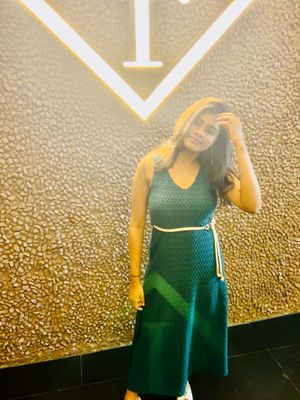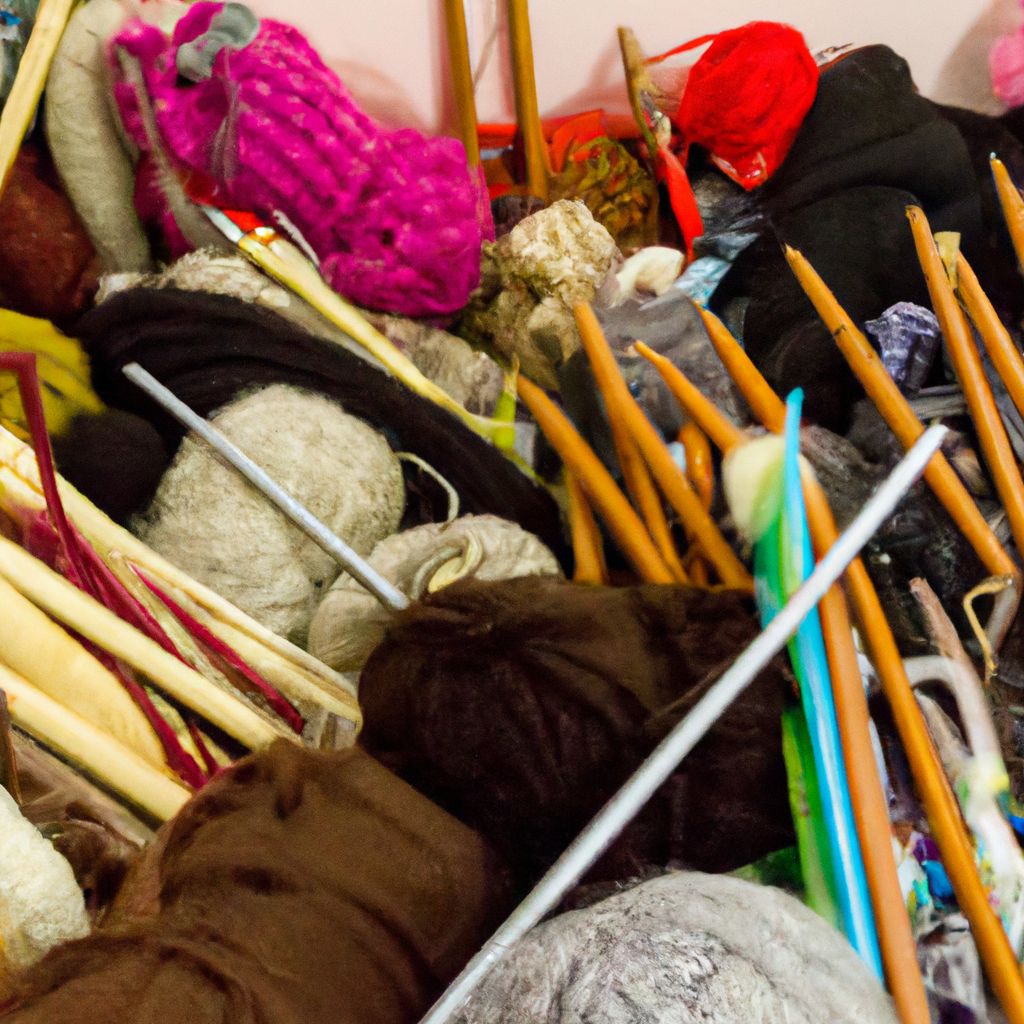- Introduction to Knitting Needles
- Types of Knitting Needles
- 1. Bamboo Knitting Needles
- 2. Metal Knitting Needles
- 3. Plastic Knitting Needles
- 4. Wooden Knitting Needles
- 5. Carbon Fiber Knitting Needles
- 6. Interchangeable Knitting Needles
- 7. Circular Knitting Needles
- 8. Double Pointed Knitting Needles
- 9. Single Pointed Knitting Needles
- 10. Cable Needles
- 11. Specialty Knitting Needles
- Conclusion - Choosing the Right Knitting Needle
Introduction to Knitting Needles
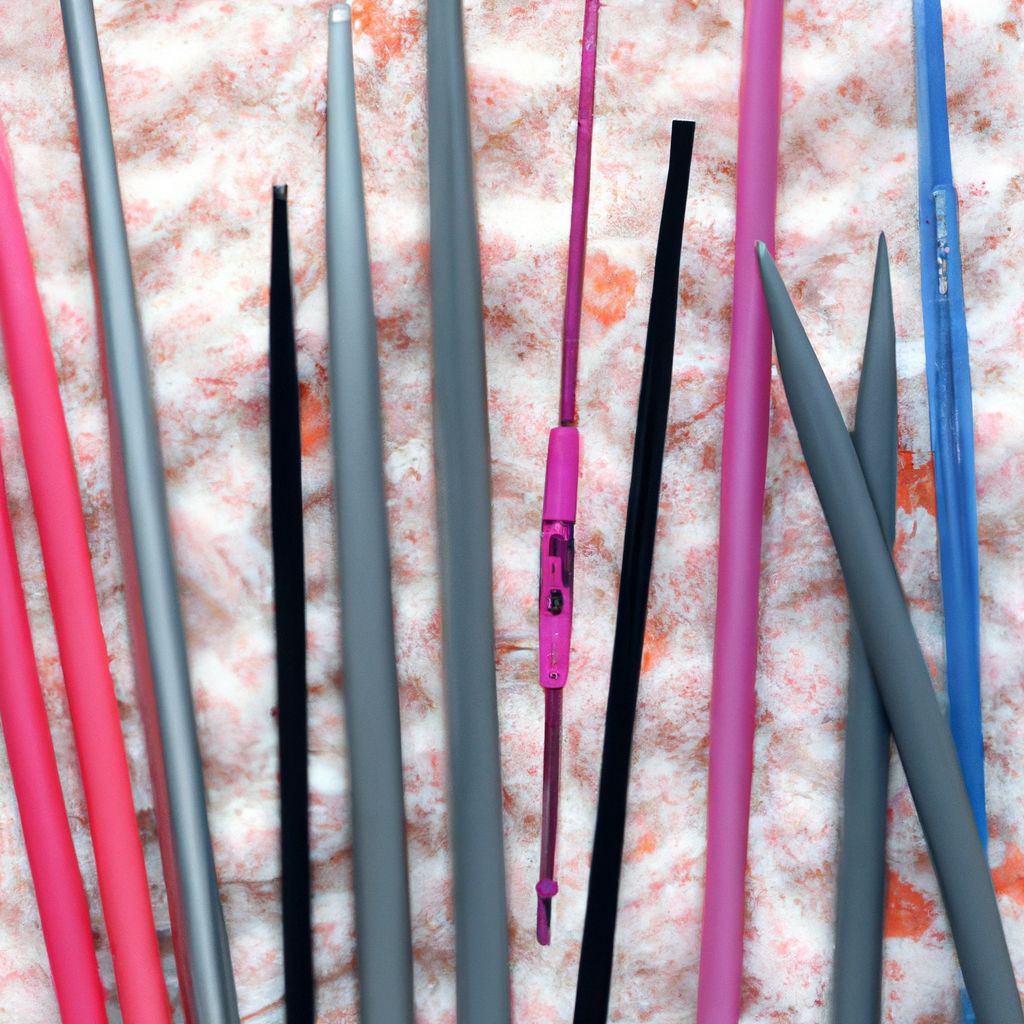
Knitting needles are the pivotal tools of the trade for anyone engrossed in the knitting world. Crafting a beautiful piece of knitwear is not just about the yarn but also about the right set of knitting needles that can make a considerable difference in the outcome.
They are available in various materials - bamboo, wood, metal, plastic, and more, each offering unique features. Bamboo knitting needles are lightweight, easy on the hands and are perfect for beginners. They offer a good grip and prevent stitches from slipping off. On the other hand, metal knitting needles are sturdy, durable, and allow for fast knitting, making them a top choice for experienced knitters.
Choosing the right needle for your project can depend on various factors like the type of yarn, the stitch, and comfort. Therefore, it becomes crucial to understand which needle might be the best fit for your knitting projects.
Types of Knitting Needles
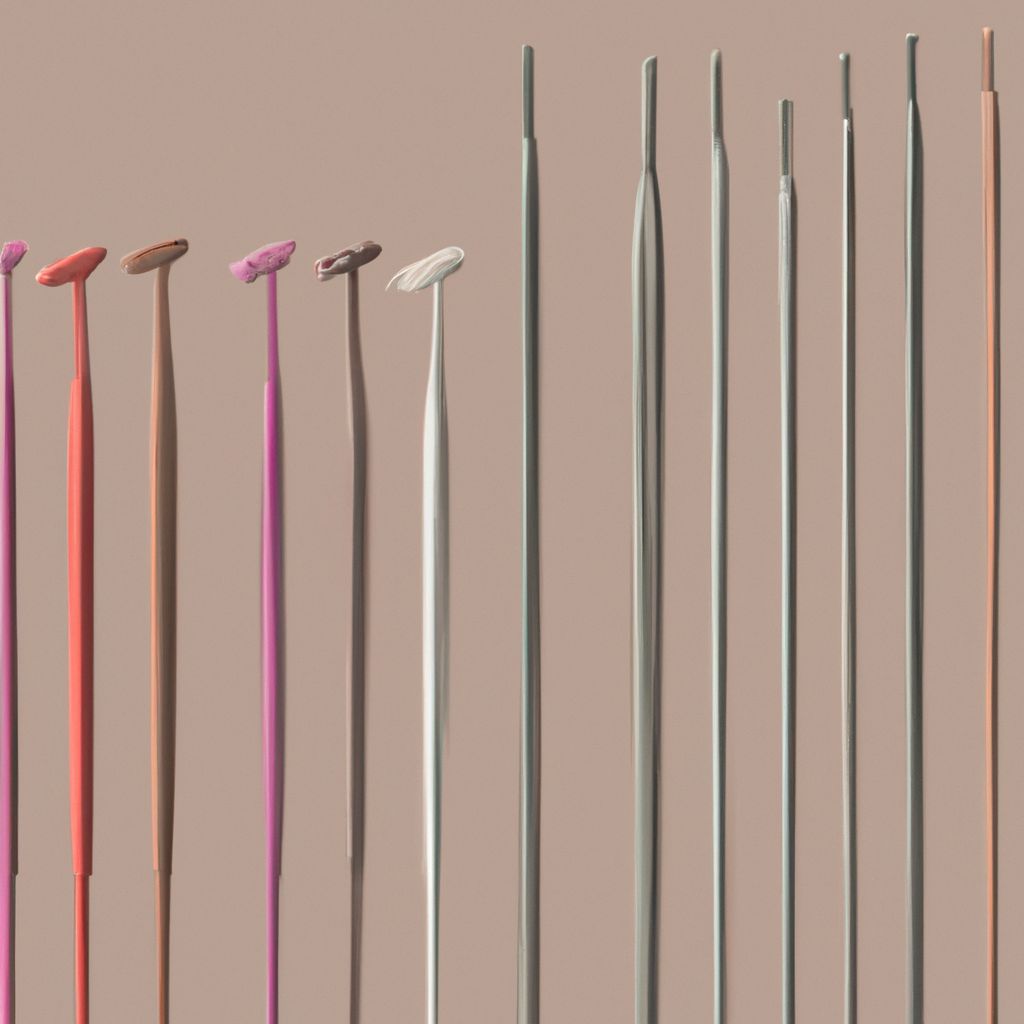
There are several types of knitting needles, each with specific uses and advantages. Here are the four most common types:
- Single-Pointed Needles: These are the most traditional type of knitting needles. They have a point at one end and a knob at the other to prevent stitches from slipping off. They are best used for flat knitting projects like scarves, blankets, and sweaters.
- Double-Pointed Needles (DPNs): These needles have points at both ends, allowing you to knit from either side. They are typically used for knitting in the round, such as for socks, hats, and sleeves. Despite their versatility, they can be tricky to handle for beginners.
- Circular Needles: These needles consist of two pointed ends connected by a flexible cable. They are designed for knitting in the round but can also be used for flat knitting. These are perfect for projects that have large numbers of stitches like shawls and afghans.
- Interchangeable Needles: These are a versatile set of needles that have interchangeable tips and cables of varying lengths. They allow you to customize your needle according to the needs of your knitting project. Despite being a bit pricey, they are a valuable investment for serious knitters.
Understanding these types of knitting needles and their specific uses can help you choose the right tool for your project, ensuring a better knitting experience and outcome.
1. Bamboo Knitting Needles
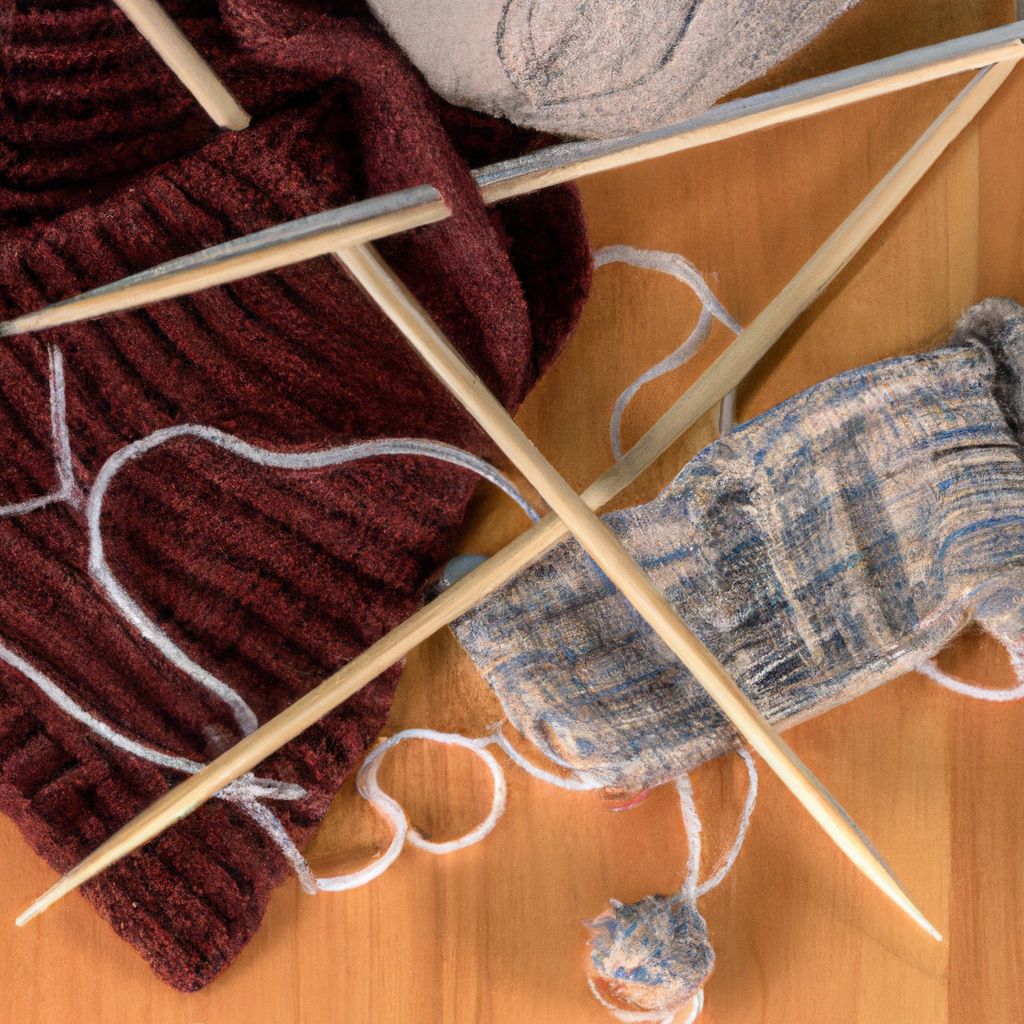
Bamboo Knitting Needles are an excellent choice for both beginners and seasoned knitters. Crafted from natural bamboo, these needles are lightweight, smooth, and warm to the touch, making them comfortable for extended use.
One of the key features of bamboo needles is their flexibility, which is easier on the hands and wrists, reducing the chance of strain or injury. Moreover, they provide a good grip and prevent stitches from slipping off, a feature that beginners find particularly helpful.
Bamboo knitting needles are best suited for projects involving delicate yarns like silk or cashmere, as the slightly textured surface of these needles helps prevent the stitches from sliding off prematurely.
Notable brands that offer high-quality bamboo knitting needles include Clover, ChiaoGoo, and Boye. Clover's Takumi needles are renowned for their smooth finish and precision-crafted tips. ChiaoGoo's bamboo needles are praised for their durability and comfortable grip, while Boye's bamboo needles are loved for their affordability and quality.
Always ensure to consider your project's requirements and personal comfort before choosing a set of bamboo knitting needles.
2. Metal Knitting Needles
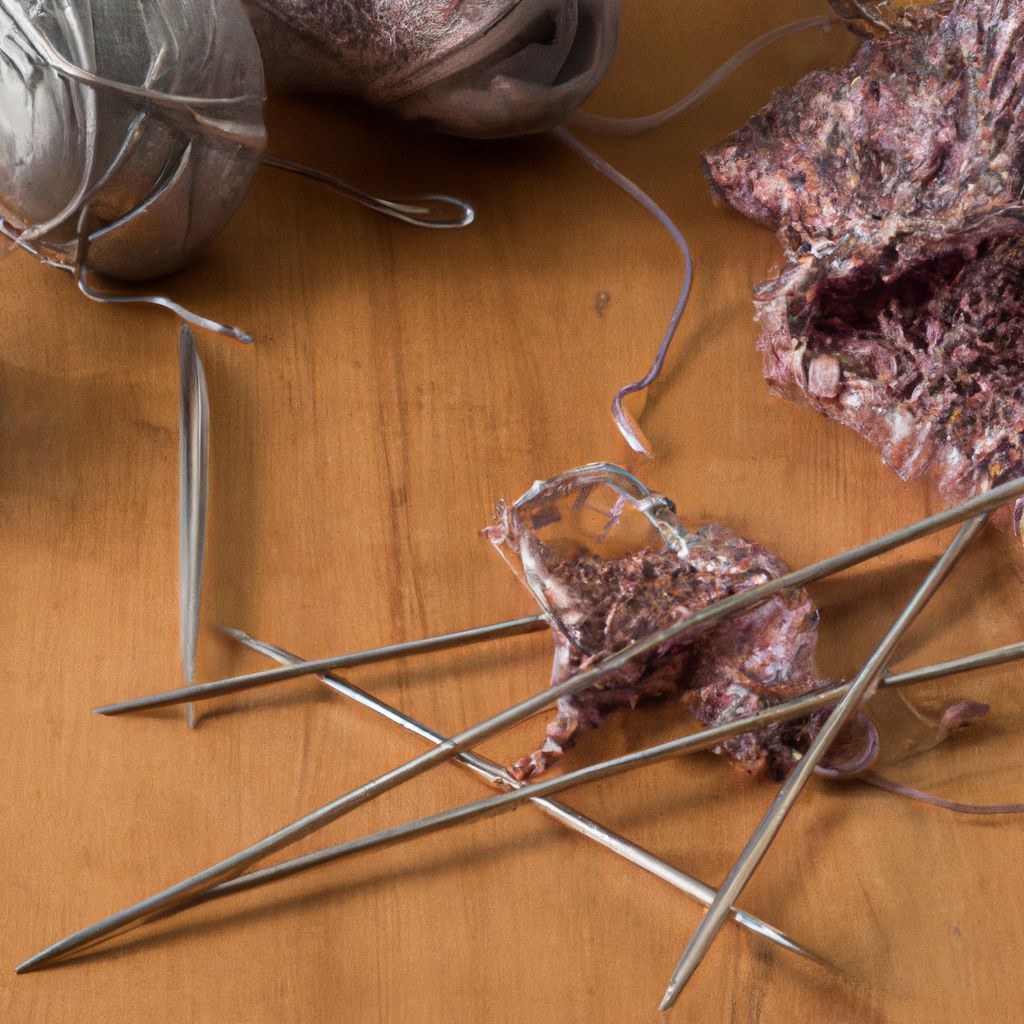
Metal Knitting Needles are a popular choice among experienced knitters. Known for their durability and slick surface, metal needles are excellent for facilitating fast knitting and intricate stitch patterns.
Their sturdiness makes them ideal for heavier yarns and projects requiring a large number of stitches. However, their slick surface can cause stitches to slip off easily which might be a challenge for beginners. These needles can also be a bit heavier than other types and might cause hand fatigue during prolonged use.
Metal knitting needles are excellent for complex projects such as lacework, cable patterns, or other detailed designs. They are also a great fit for synthetic yarns and wool, which glide smoothly over the needle's surface.
Top brands offering high-quality metal knitting needles include Addi, KnitPro, and HiyaHiya. Addi's needles are renowned for their smooth join between the needle and cable, ensuring a seamless glide for your stitches. KnitPro's metal needles provide excellent point sharpness for precision knitting, while HiyaHiya is celebrated for their lightweight and incredibly smooth steel needles.
When choosing metal knitting needles, it's important to consider the nature of your project and your personal comfort.
3. Plastic Knitting Needles
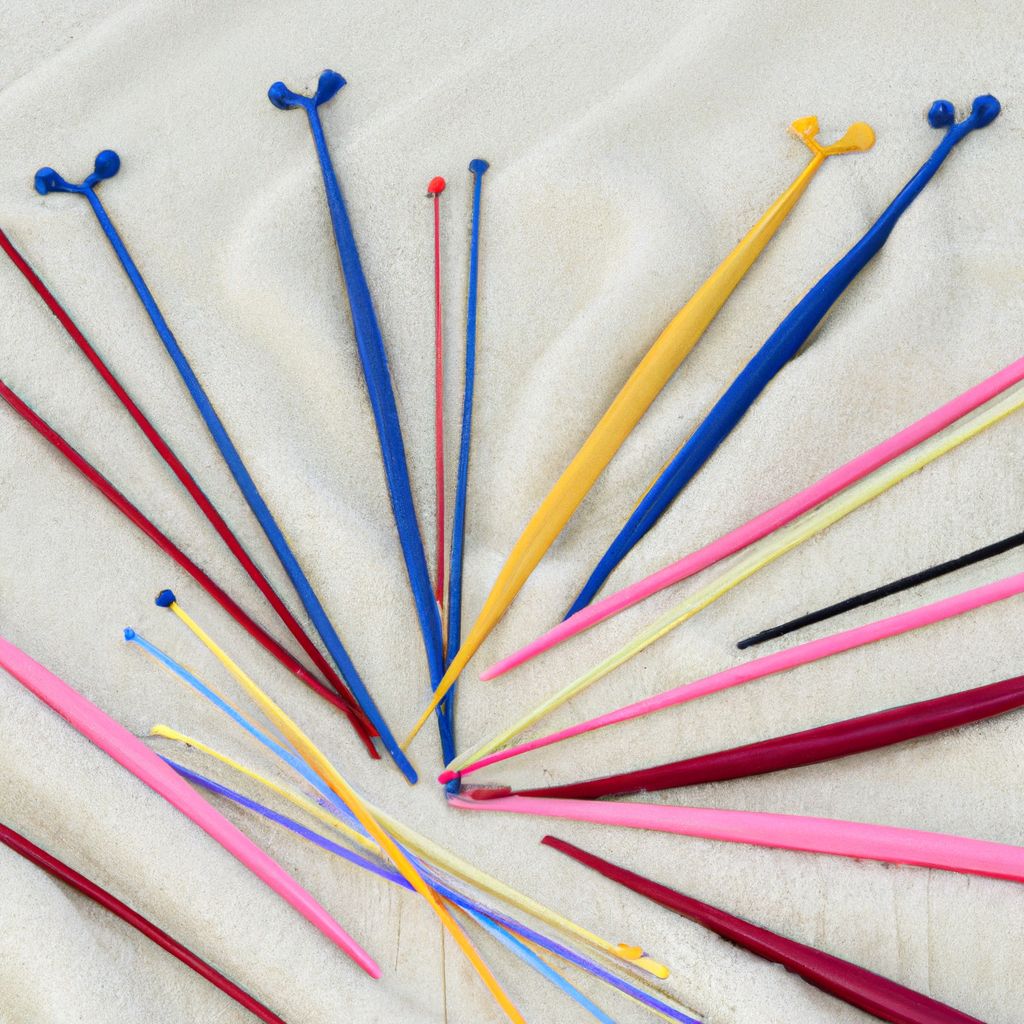
Plastic Knitting Needles are another viable option for knitters. Known for their lightweight and affordability, these needles are ideal for beginners and those on a budget.
The lightness of plastic needles makes them easy to handle and perfect for large-scale projects that involve a lot of stitches. They also come in a range of vibrant colors which can make your knitting experience more enjoyable. However, they might not be as durable as bamboo or metal needles and can bend or break under too much pressure.
Plastic knitting needles are best suited for bulky and chunky yarns, as their smooth and wide surface can easily accommodate the larger stitches. They are also ideal for projects that require a lot of movement, like knitting blankets or large sweaters.
Popular brands offering quality plastic knitting needles include Susan Bates, Pony, and Lion Brand. Susan Bates' plastic needles are praised for their smooth surface and comfortable grip. Pony offers a range of colorful plastic needles that are both fun and functional, while Lion Brand's plastic needles are known for their durability and ease of use.
Choosing plastic knitting needles should be based on the nature of your project, your skill level, and budget considerations.
4. Wooden Knitting Needles
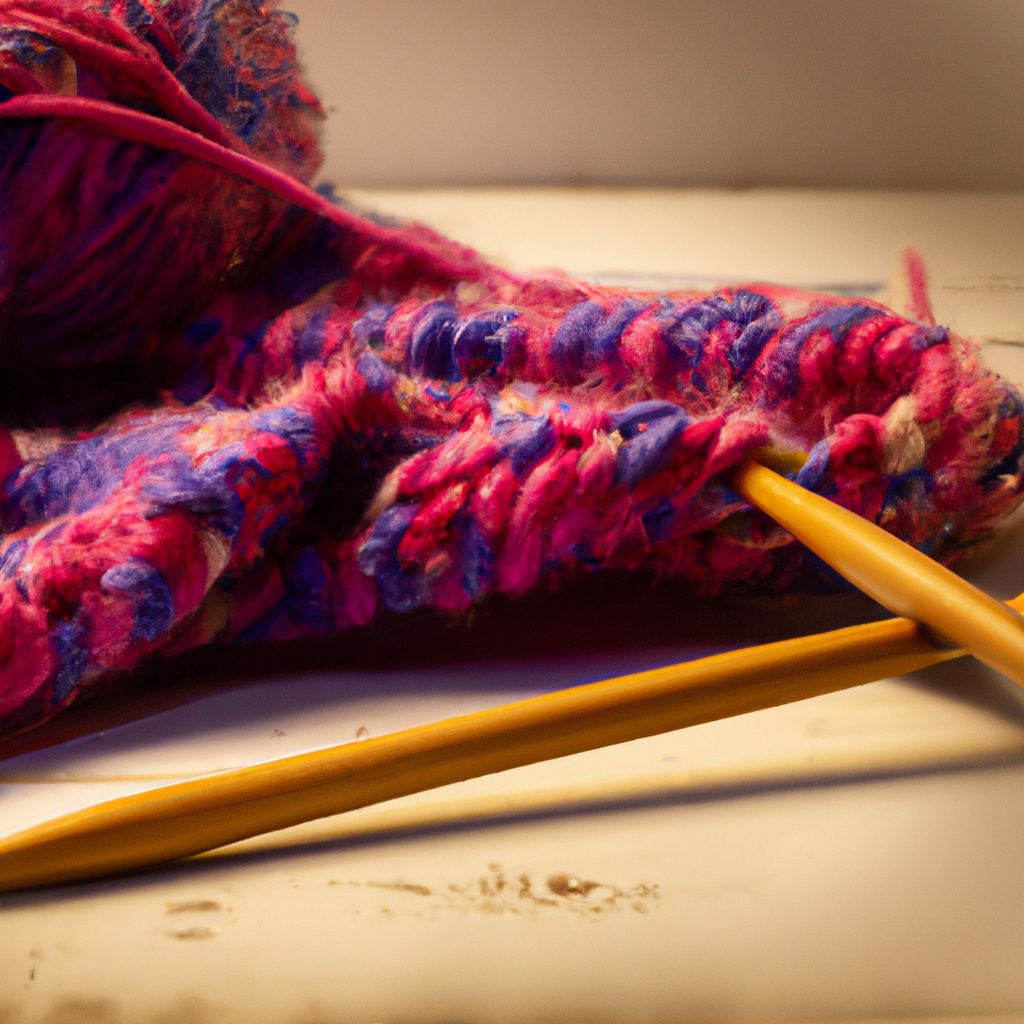
Wooden Knitting Needles are cherished for their natural feel, warmth, and gentle grip. Made from different types of wood like rosewood, birch, or ebony, these needles are perfect for those who appreciate the natural aesthetic and feel of wood.
Wooden needles are lightweight and comfortable to use, making them a good choice for longer knitting sessions. They offer a good balance between the grip of bamboo needles and the slickness of metal needles, providing a smooth knitting experience. However, they can be more prone to wear and tear compared to metal or plastic needles, especially the finer sizes.
Wooden knitting needles are great for a wide range of projects, but they particularly shine with medium to bulky weight yarns. Their gentle grip helps to control tension and prevent dropped stitches, which is useful for intricate patterns.
Brands like Knit Picks, Brittany, and Lantern Moon offer excellent wooden knitting needles. Knit Picks' wooden needles are appreciated for their smooth finish and variety of beautiful wood options. Brittany's needles, made from sustainably sourced birch wood, are loved for their durability and craftsmanship, while Lantern Moon's luxury wooden needles are sought after for their exquisite design and quality.
In choosing wooden knitting needles, consider your project requirements, budget, and personal preference for the feel and aesthetics of the needles.
5. Carbon Fiber Knitting Needles
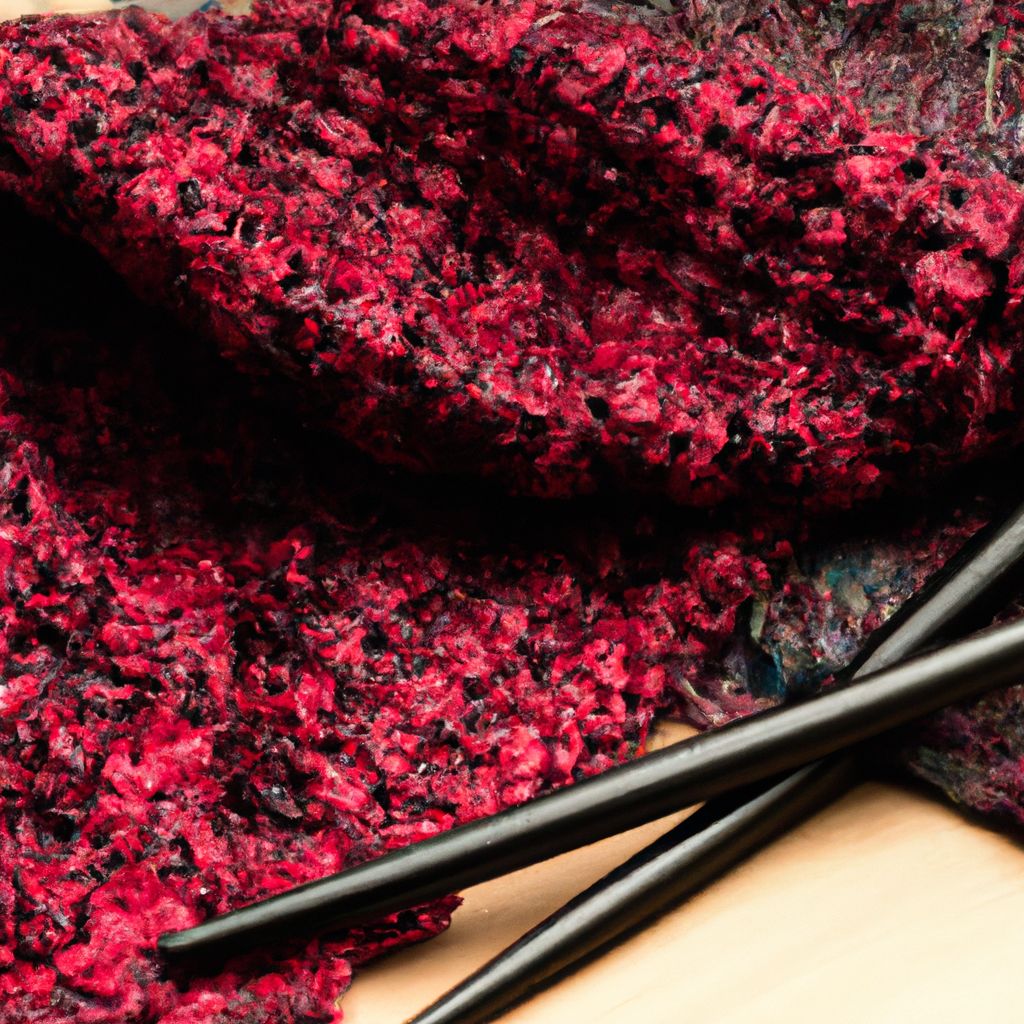
Carbon Fiber Knitting Needles are a relatively new addition to the knitting world, but they have quickly gained popularity among knitters for their unique features. Made from carbon fiber, these needles are incredibly lightweight yet strong, offering a balance between flexibility and durability.
These needles have a smooth surface that allows yarn to glide easily, making them good for speed knitting. They also have a warm feel, similar to wooden needles, which makes knitting a comfortable experience. However, they can be more expensive than other types of needles.
Carbon fiber knitting needles are suitable for a wide range of projects, but they excel with fine, slippery yarns and intricate stitch patterns due to their smooth surface and sharp, tapered tips.
Leading brands offering quality carbon fiber knitting needles include Knitter's Pride Karbonz and Addi's Carbon Express. Knitter's Pride Karbonz needles are widely praised for their high tensile strength and lightweight nature, while Addi's Carbon Express needles are loved for their smooth transition from carbon fiber shaft to metal tip, facilitating seamless knitting.
When choosing carbon fiber knitting needles, consider your project's needs, your knitting speed, and your budget.
6. Interchangeable Knitting Needles
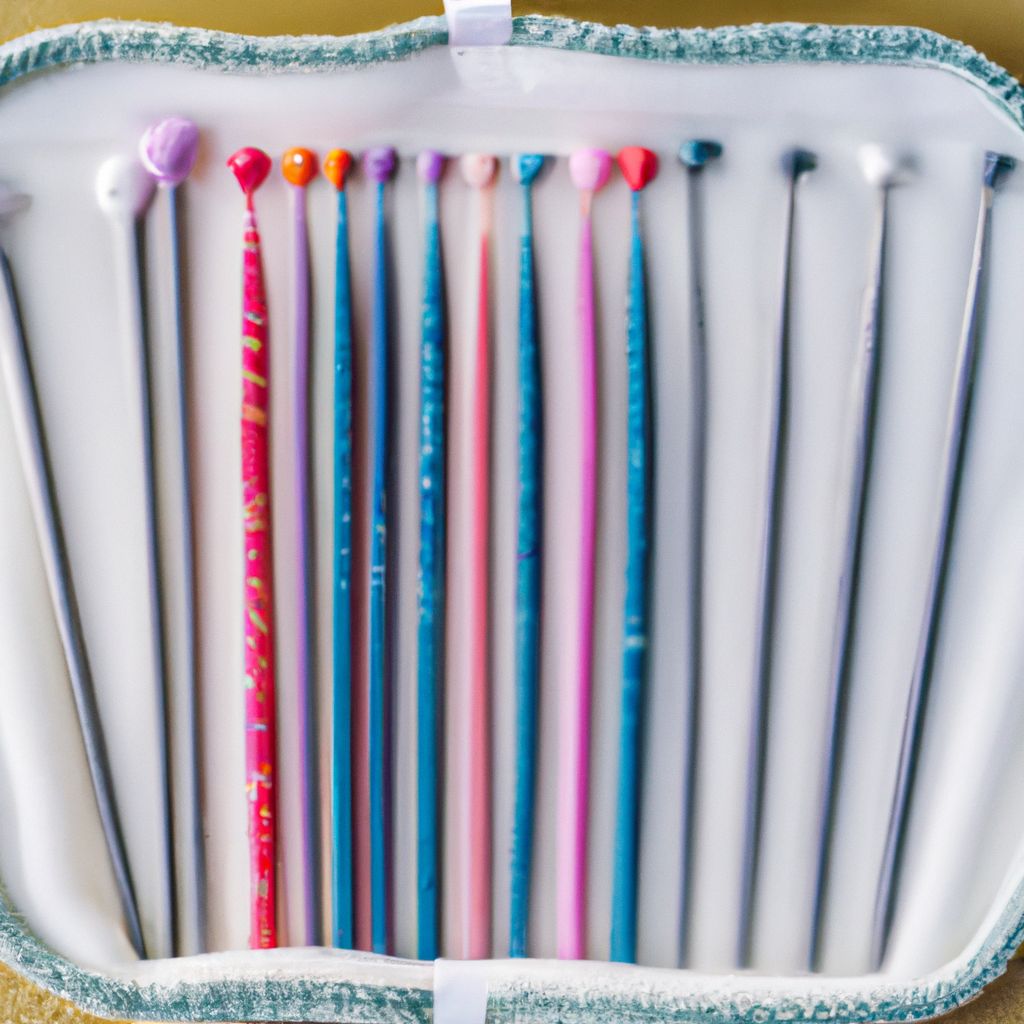
Interchangeable Knitting Needles are a versatile tool in any knitter's arsenal. These sets typically include a range of needle tips and cables of different lengths, allowing you to customize the needle for your specific project.
The main advantage of interchangeable needles is their versatility. You can switch out the needle tips and cables as needed, making them suitable for a wide range of projects from small circular pieces to large flat pieces. However, they can be more expensive initially than buying individual pairs of needles. Another potential downside is the risk of the needles unscrewing during knitting if not properly tightened.
Interchangeable knitting needles are perfect for knitters who regularly work on a diverse range of projects. They are particularly useful for projects that change in circumference, like hats or socks, or projects that require different needle sizes, like shawls or sweaters with various stitch patterns.
Well-known brands that offer high-quality interchangeable knitting needles include KnitPro, ChiaoGoo, and Clover. KnitPro's Symfonie Wood set is celebrated for its smooth finish and range of sizes. ChiaoGoo's Red Lace set is loved for its high-quality stainless steel tips and flexible cables, while Clover's Takumi Combo set is popular for its smooth bamboo tips and secure joins.
In choosing interchangeable knitting needles, consider the range of projects you typically undertake, your budget, and your preference for needle materials.
7. Circular Knitting Needles
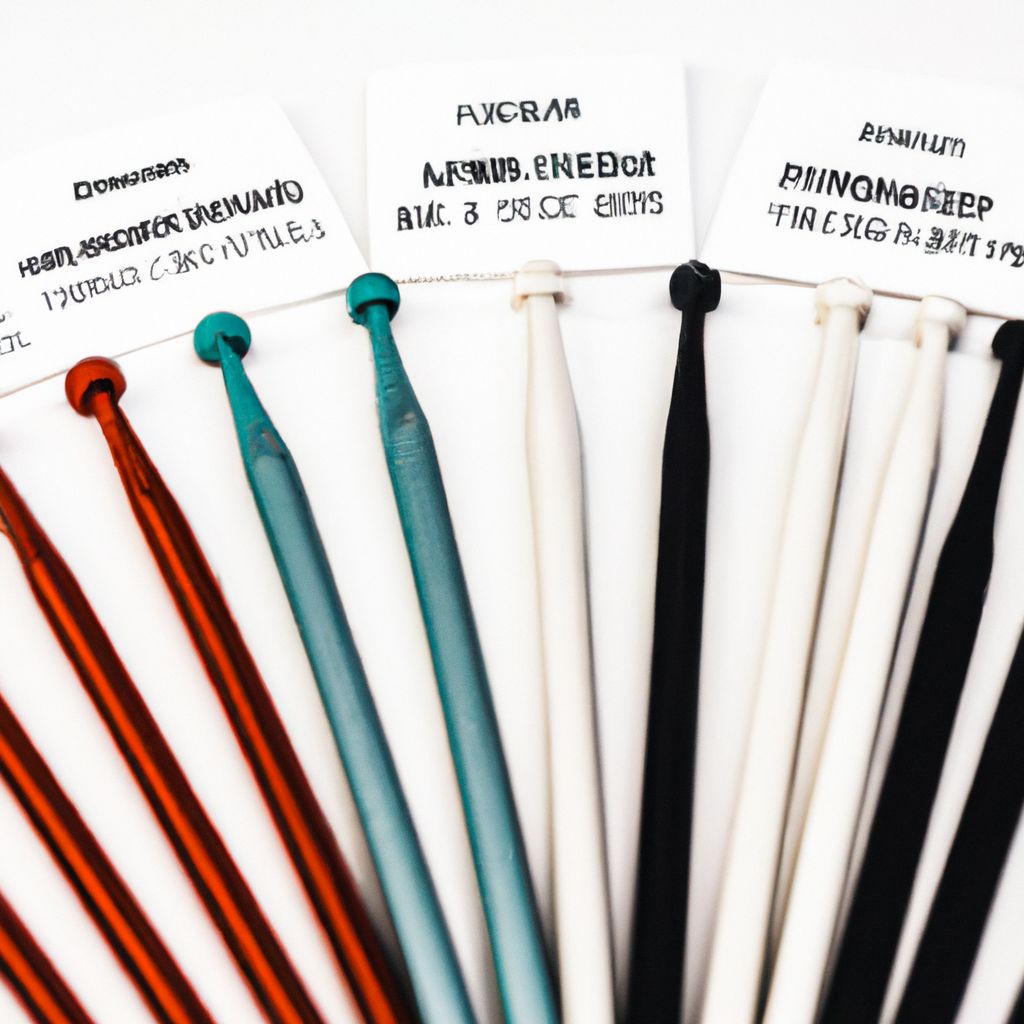
Circular Knitting Needles are a versatile and popular choice among knitters. Consisting of two needle tips connected by a flexible cable, they are designed to accommodate a large number of stitches and to facilitate circular knitting.
The main advantage of circular needles is their ability to hold many stitches comfortably, making them perfect for large projects like shawls and blankets. They also allow for seamless knitting in the round, ideal for projects like hats and socks. However, the fixed length of the cable can be a limitation for some projects, and the join between the needle and the cable can sometimes snag the yarn.
Circular knitting needles are versatile and can be used for almost any project - both flat and in the round. They are particularly suitable for large projects and for knitting in the round.
Top brands available in the market for circular knitting needles include Addi, ChiaoGoo, and Clover. Addi's Turbo needles are renowned for their smooth join and fast knitting speed. ChiaoGoo's Red Lace circulars are loved for their sharp tips and flexible cables, while Clover's Takumi circulars are praised for their smooth bamboo tips and comfortable grip.
When choosing circular knitting needles, consider the nature of your project, your knitting style, and personal comfort.
8. Double Pointed Knitting Needles
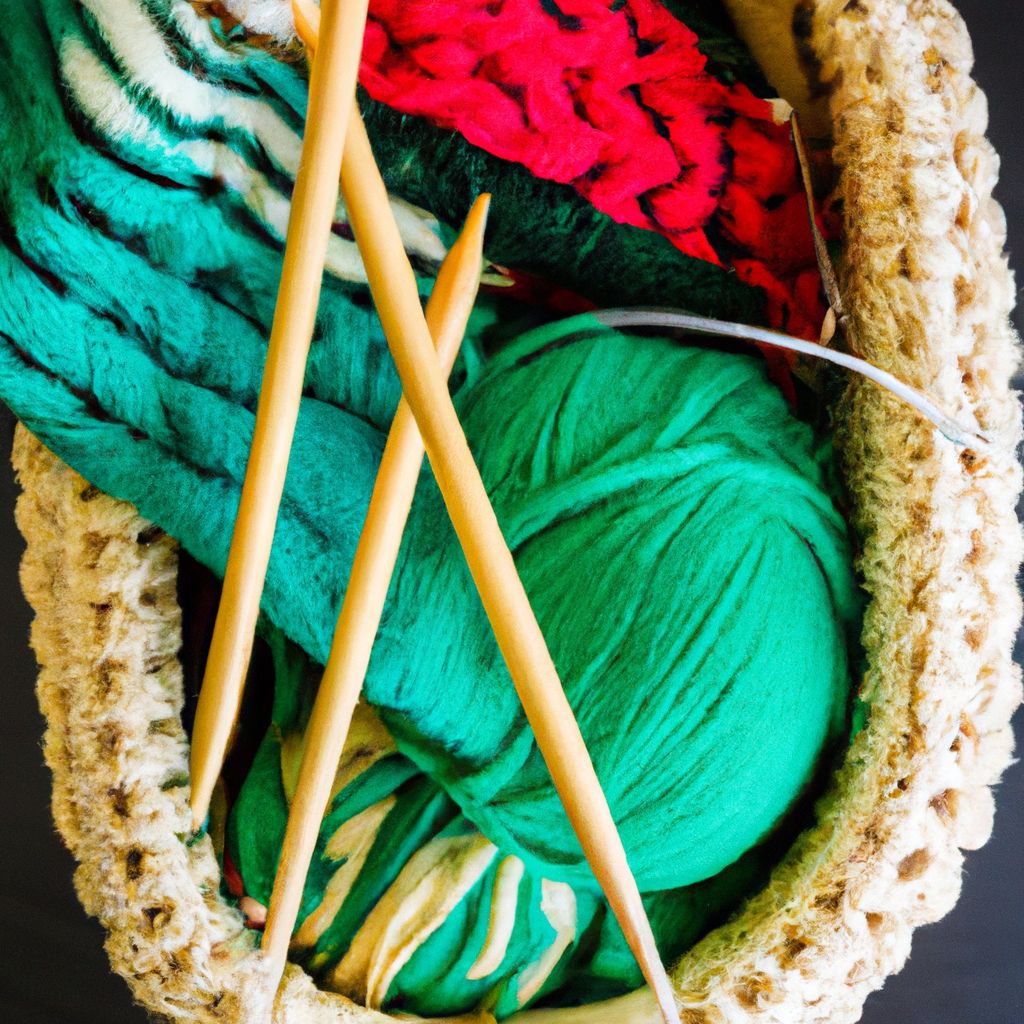
Double Pointed Knitting Needles (DPNs) are unique tools designed for knitting small circular projects. As the name suggests, these needles have points at both ends, allowing you to knit from either side.
DPNs are great for knitting in the round without a circular cable, making them ideal for small circumference projects like socks, gloves, and the tops of hats. However, managing multiple DPNs can be a challenge for beginners, and stitches can slide off the ends if not secured properly.
Double pointed needles are most commonly used for knitting small, tubular pieces such as socks, mittens, and gloves. They can also be used for larger projects like hats and sweaters, particularly for shaping areas like the crown of a hat or the sleeves of a sweater.
Popular brands offering high-quality double pointed knitting needles include KnitPro, Addi, and Brittany. KnitPro's Symfonie DPNs are known for their smooth finish and comfortable grip. Addi's DPNs are renowned for their lightweight feel and smooth tips, while Brittany's birch DPNs are loved for their warm feel and traditional look.
Choosing double pointed knitting needles should consider the size and shape of your project, your skill level, and your comfort in handling multiple needles at once.
9. Single Pointed Knitting Needles
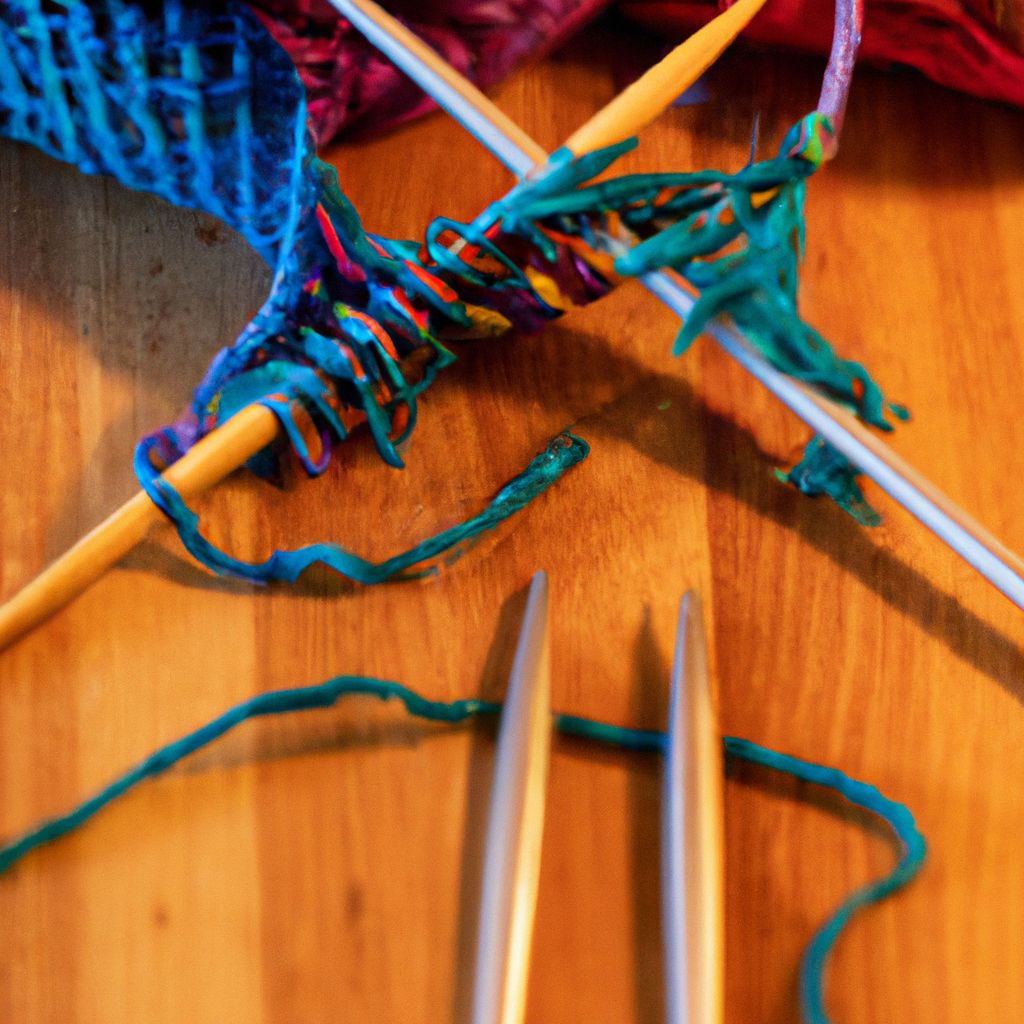
Single Pointed Knitting Needles are perhaps the most traditional and commonly recognized type of knitting needle. These needles have a point at one end and a stopper at the other to prevent stitches from slipping off.
Single pointed needles are ideal for flat knitting projects worked in rows. They are often used by beginners as they are simple to handle and are good for mastering basic stitches. However, they are not suited for circular knitting and can become cumbersome when working with a lot of stitches due to their fixed length.
Single pointed knitting needles are best suited for flat projects like scarves, dishcloths, and parts of garments like sweater pieces or blanket squares.
Top brands offering quality single pointed knitting needles include Clover, Susan Bates, and Lion Brand. Clover's Takumi needles are loved for their smooth bamboo finish and comfortable handling. Susan Bates' Silvalume needles are popular for their lightweight aluminum construction and smooth glide, while Lion Brand's single pointed needles are known for their durability and variety of sizes.
When choosing single pointed knitting needles, consider the nature of your project, your skill level, and your personal comfort.
10. Cable Needles
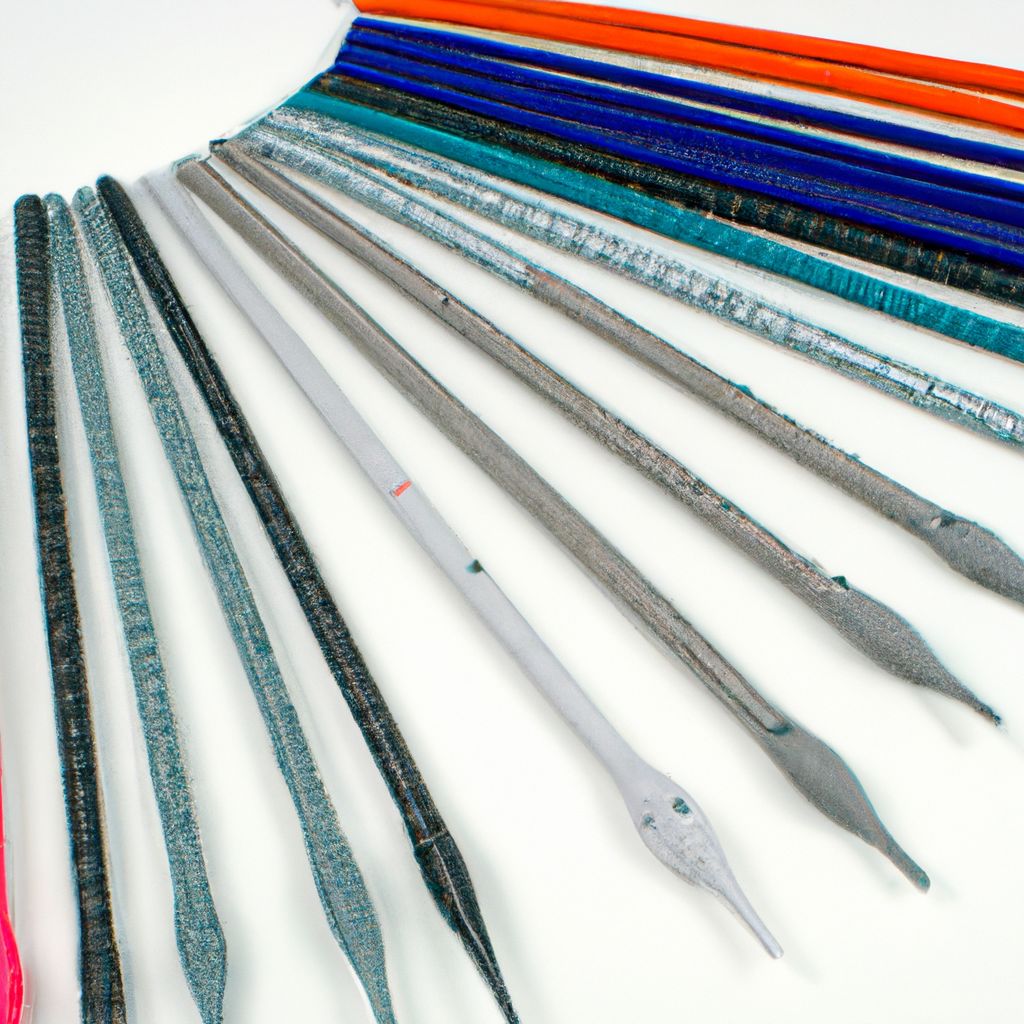
Cable Needles are a specialized type of knitting needle used to hold stitches temporarily when creating cables in a knitting pattern. They typically have a bend or a dip in the middle to help hold stitches and prevent them from sliding off.
The main advantage of cable needles is their ability to hold stitches securely while you work a cable twist. They come in various sizes to match the size of the knitting needle you're working with. However, they can be an extra tool to manage and may not be needed for all cable patterns.
Cable needles are specifically designed for projects that feature cable stitches. They are perfect for creating intricate cable sweaters, hats, socks, and more.
Notable brands that offer high-quality cable needles include Clover, Brittany, and Knitter's Pride. Clover's U-shaped cable needles are popular for their ease of use and secure hold. Brittany's wooden cable needles are loved for their natural feel and smooth finish, while Knitter's Pride's aluminum needles are favored for their sturdiness and smooth transitions.
When choosing cable needles, consider the complexity of your cable pattern, the size of your stitches, and your comfort in handling an additional tool.
11. Specialty Knitting Needles
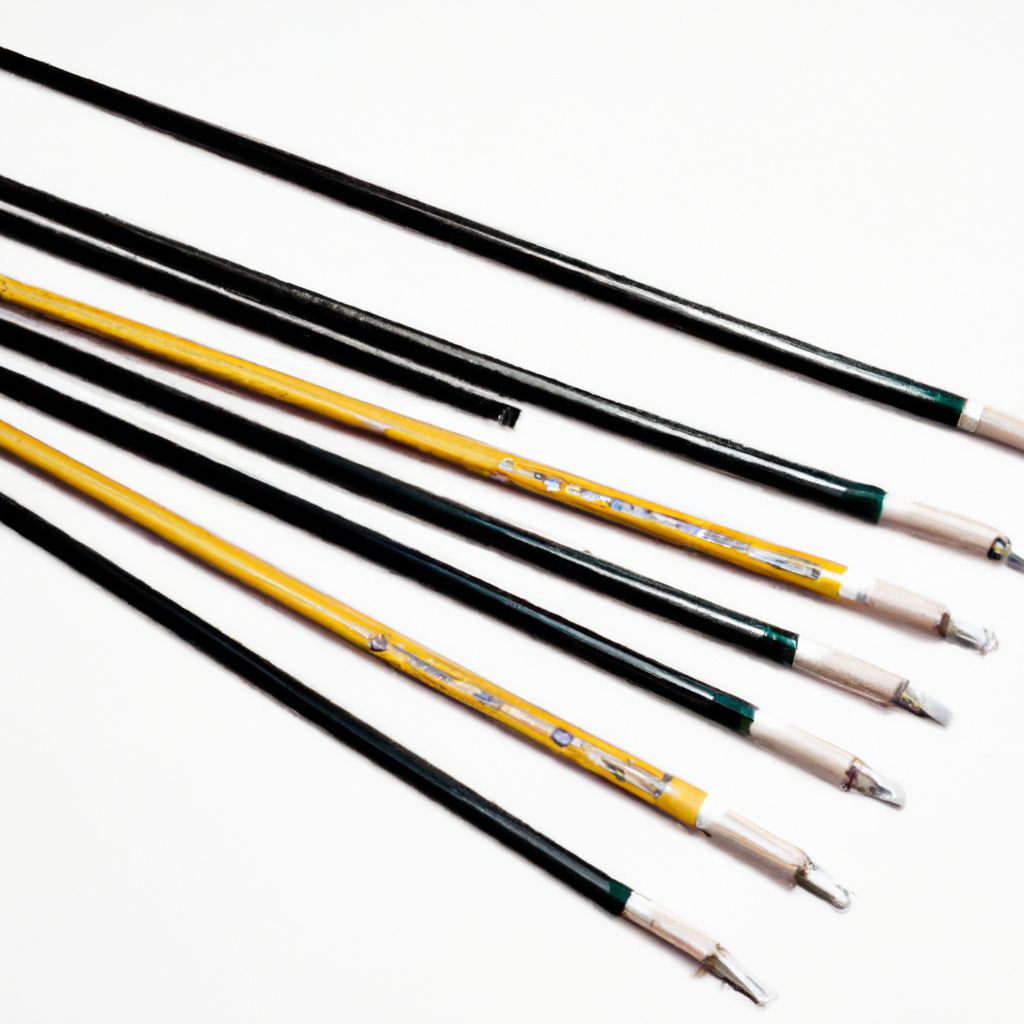
Specialty Knitting Needles refer to a range of unique needles designed for specific knitting techniques or projects. This can include large-scale knitting needles, flexible straight needles, and even looped circular needles.
Large-scale specialty needles are perfect for extreme knitting projects using super bulky yarn. Flexible straight needles, with a single pointed tip and a flexible cable, offer the advantage of a straight needle without the length. Looped circular needles, designed with a second smaller loop midway through the cable, are perfect for knitting two socks or two sleeves at once.
While these specialty needles can greatly enhance your knitting experience, they may not be required for every knitter or every project. They are often more expensive and may require some practice to use effectively.
Notable brands offering specialty knitting needles include Addi, ChiaoGoo, and Knitter's Pride. Addi's Click system includes a range of specialty tips and cables. ChiaoGoo offers a unique range of looped circular needles for simultaneous knitting, while Knitter's Pride provides a selection of large-scale knitting needles for extreme knitting.
When choosing specialty knitting needles, consider the unique requirements of your project, your budget, and your willingness to learn new techniques.
Conclusion - Choosing the Right Knitting Needle
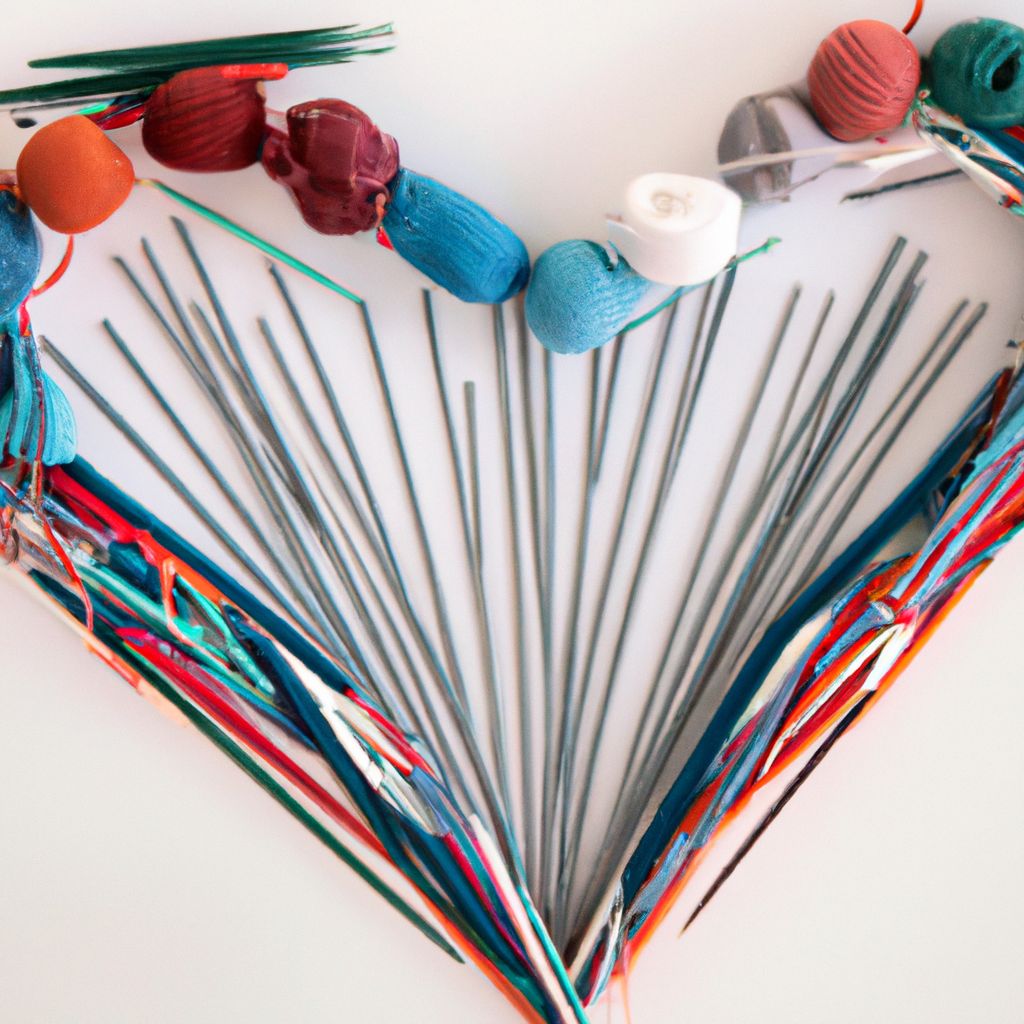
In conclusion, choosing the right knitting needle can significantly influence your knitting experience and the final result of your project. The type of needle - whether it's single-pointed, double-pointed, circular, interchangeable, or a specialty needle, plays a key role, as does the material it's made from - be it bamboo, metal, plastic, wood, or carbon fiber.
Consider the nature of your project - the type of yarn, the stitch pattern, and the required tension - when selecting your needle. Also, personal comfort is paramount. The weight, warmth, flexibility, and grip of the needle should feel right in your hands.
There's no one-size-fits-all in knitting needles. What works best for one project or one knitter might not be the best choice for another. Therefore, we encourage you to experiment with different types of needles. Over time, you'll discover your personal favorites and develop a sense of which needles work best for your style of knitting and types of projects.
Remember, the best knitting needle is the one that gives you the most comfort and joy in your knitting journey.

